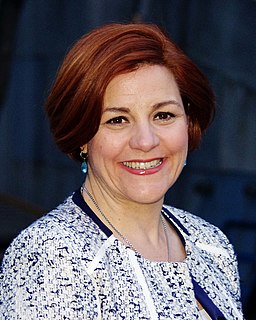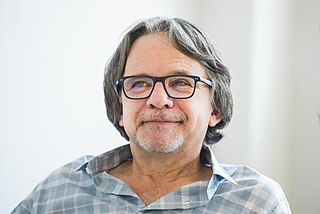A Quote by Samantha Shannon
I am never not thinking about stories. 'The Bone Season' is 90% of my brain - 10% is interacting with the rest of the world.
Related Quotes
I think a lot of my interest in history now isn't so much in places and names and texts and public figures, but more in examining all the nuances and idiosyncrasies of particular stories of everyday people. And if that doesn't happen, then I usually transplant myself and my own stories to a particular historical event. Which is why you'll see me, the first person pronoun, interacting in a song about Carl Sandburg, or you'll find my [sic] interacting with Saul Bellow. It's sort of a re-rendering of history and making it my own.
If you inhale a millionth of a gram of plutonium, the surrounding cells receive a very, very high dose. Most die within that area, because it's an alpha emitter. The cells on the periphery remain viable. They mutate, and the regulatory genes are damaged. Years later, that person develops cancer. Now, that's true for radioactive iodine, that goes to the thyroid; cesium-137, that goes to the brain and muscles; strontium-90 goes to bone, causing bone cancer and leukemia.
Each of us is comprised of stories, stories not only about ourselves but stories about ancestors we never knew and people we've never met. We have stories we love to tell and stories we have never told anyone. The extent to which others know us is determined by the stories we choose to share. We extend a deep trust to someone when we say, "I'm going to tell you something I've never told anyone." Sharing stories creates trust because through stories we come to a recognition of how much we have in common.
One of the great things about being commander in chief is getting to know our men and women in uniform in a very intimate way, whether it's visiting Walter Reed and seeing our wounded soldiers, or being on a base and talking to families, or interacting with them on missions. They're the best of the best: always thinking about the mission, not thinking about credit, not thinking about who's up front.






































